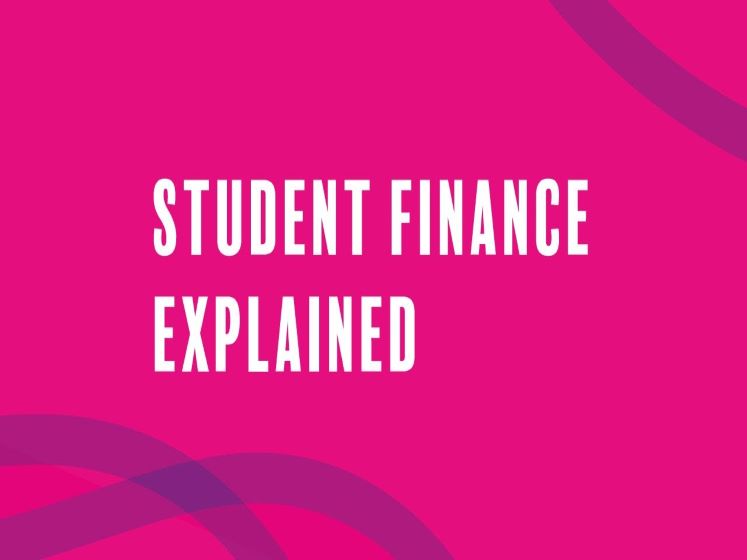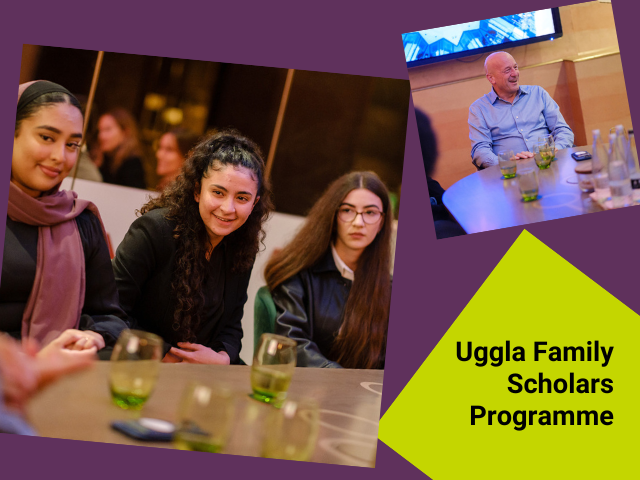LSE awards generous financial support to its undergraduate students every year. Students may also be able to access scholarships and financial support from governments and agencies around the world.
We recommend that students allow around approximately £1,300 to £1,400 per month for all living expenses, including accommodation, travel, food, laundry, study costs, and other personal expenses. More details on living costs and making a budget see our London on a budget page.
Tuition fees
Our fees for UK and Overseas (including EU) students can be viewed on our Fees page and our programme pages.
Please visit our Fees and Funding page for more information.
Tuition fee loan
UK students can apply for a tuition fee loan to cover the full cost of the fee for the duration of their undergraduate programme. The money is paid directly to the university through the Student Loans Company. The loan is repaid once the student has graduated and is earning over the repayment threshold.
Full details of eligibility criteria for funding.
Find out about interest rates and repaying loans.
Fee status classification
On receipt of the UCAS form the School carries out an assessment of the applicant’s fee status. Further information on fee status classification.
Maintenance loan
 Student finance explained - a video by Student Finance England
Student finance explained - a video by Student Finance England
Student finance explained - a video by Student Finance England
Student finance explained - a video by Student Finance England
 Student Finance England - when to apply 2024-5
Student Finance England - when to apply 2024-5
Student Finance England - when to apply 2024-5
Student Finance England - when to apply 2024-5
UK students can apply for a Maintenance Loan from the UK government to assist with their living costs. This is repaid once the student has graduated and is earning over the repayment threshold.
The Maintenance Loan value will be determined by household income, UK government funding arrangements where the student normally lives (arrangements will be different in England and Wales for instance) and whether the student will be living at home or not.
The maximum Student Finance England Maintenance loan for students studying in London and living at home is £8,610 (2024 entry). The maximum loan amount for students studying in London and living away from home is £13,348 (2024 entry).
Students should apply for both loans (maintenance and tuition fee) in the spring before starting university.
Please check the government website for more information about eligibility, applying for loans and repayment. You can also find useful videos from Student Finance England on their YouTube channel.
LSE Bursary: Undergraduate students from the UK may be eligible for an LSE Bursary depending on household income. Awards are between £500 - £4250 a year. This bursary is renewable for each year of study and does not have to be repaid.
LSE Accommodation Bursary: First year UK undergraduate students applying to live in a qualifying LSE hall of residence may be eligible for an Accommodation Bursary. In 2024/25, bursaries ranged from £500 to £2,500. The Accommodation Bursary does not have to be repaid.
LSE Discretionary Bursaries: Undergraduate students from the UK who face exceptional financial need may be considered for a Discretionary Bursary. Exceptional circumstances may be classified as caring responsibilities, financial need related to disability or an unavoidable requirement to live at home.
Care Experienced and Estranged Student Bursary: LSE recognises that care experienced and estranged students may face challenges in accessing and studying in higher education. The Care Experienced and Estranged Student Bursary is available to provide additional financial support to eligible students.
Undergraduate Support Scheme (USS): The Undergraduate Support Scheme is designed to help overseas students who do not have the necessary funds to meet all their costs of study. The amount of assistance will vary according to individual financial need but awards are usually between £6,000 and £15,000. Awards are renewable for each year of study. The award does not have to be repaid.
Scholarships: LSE awards a number of scholarships, funded by private or corporate donation, to our students every year. The number, value, eligibility criteria and type of awards vary annually. All scholarships are primarily awarded based on financial need. See more information on scholarships for UK students and Overseas students.
- One of our scholarships on offer are our Uggla Family Scholars Programme. There are typically 7 scholarships available for new UK undergraduate students and 3 scholarships for new overseas undergraduate students every year, worth over £23,000 per year. Scholarships will cover partial tuition fee payments and full maintenance costs, as well as comprehensive support, coaching and mentoring throughout the duration of your studies.
 Introduction to the Uggla Family Scholars Programme
Introduction to the Uggla Family Scholars Programme
Introduction to the Uggla Family Scholars Programme
Introduction to the Uggla Family Scholars Programme
You can find more information about fees and funding on our webpages.